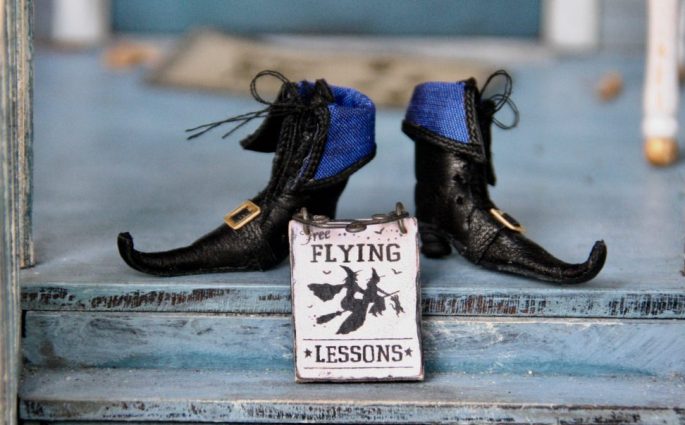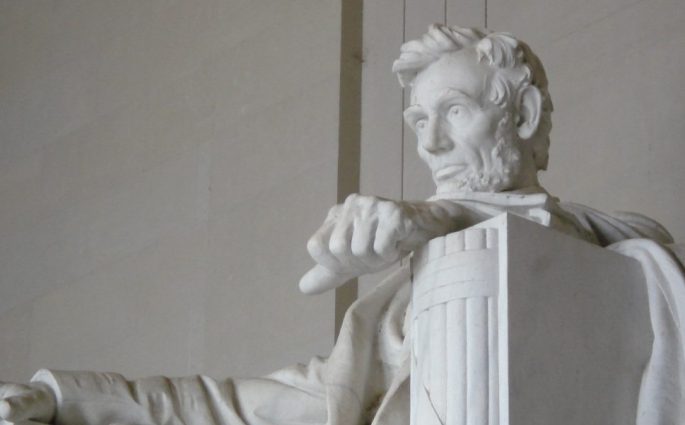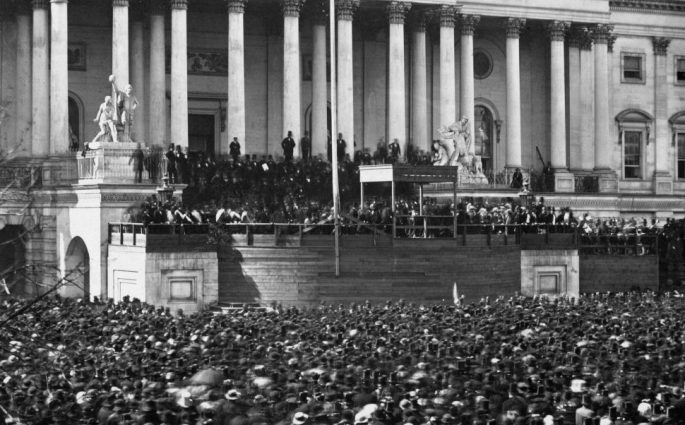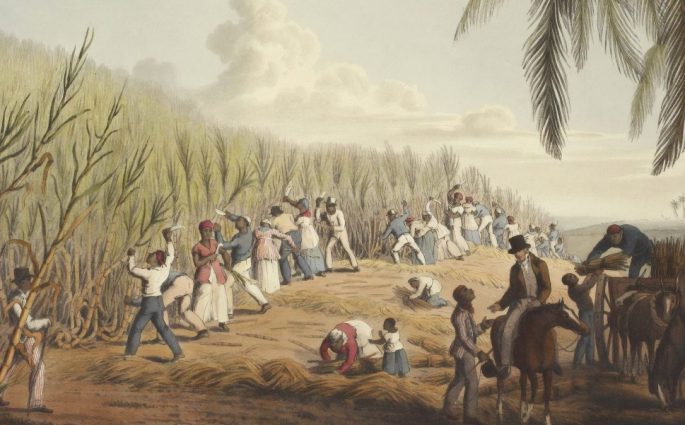Donald Trump and the Discourse of Lynching
Ashraf H. A. Rushdy— Many politicians before Donald Trump have abused decorum, shown bad taste, and wholly misunderstood history when they used the metaphor of lynching to describe whatever political travail they faced. What makes his use of lynching as a metaphor truly original is the fact that it is










